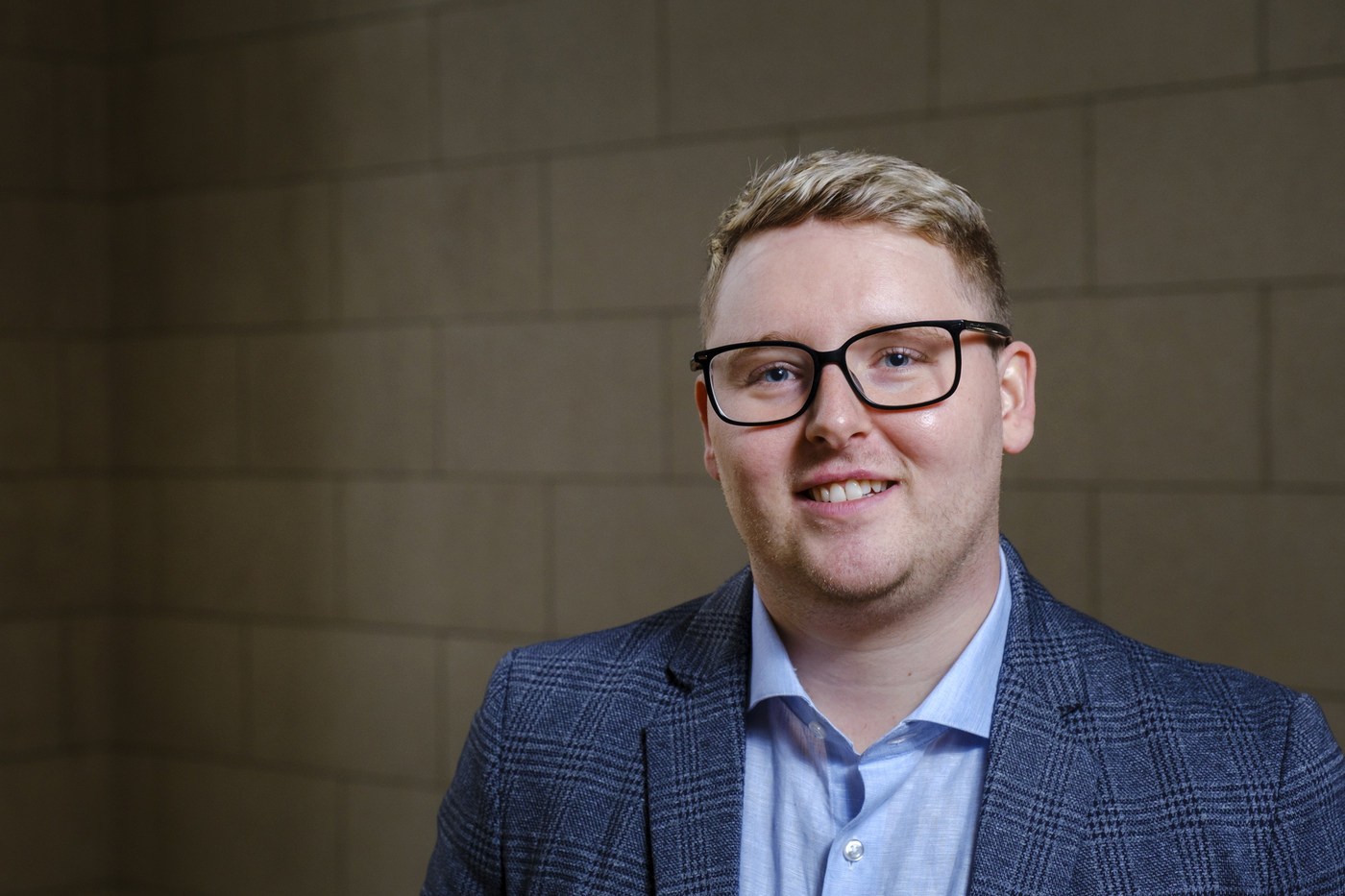One of the most important challenges for humankind is the prevention and treatment of disease. For this reason, one of the UN Sustainable Development Goals is focused on the urgent mission of improving health and well-being for everyone. And one of the main health issues of our time is cancer, which is not a single disease, but an umbrella term for many different diseases that often share certain similarities. A huge number of scientists across the world are focusing their efforts on cancer, with the aim of identifying solutions and treatments. Statistically, one out of every three people will be diagnosed with cancer at some point in their lives. Due to the frequency of the disease, and the fact that it is usually serious, it is the second most common cause of death worldwide. Only cardiovascular diseases kill more people than cancer. Research into how cancer develops and the search for drugs and other treatments to prevent cancer are of vital importance for every nation.
Arnar Snær Ágústsson is a PhD student at the University of Iceland Faculty of Medicine. Recently, he has been focusing on cancer research and his current project is about investigating whether certain drugs taken regularly before a cancer diagnosis could increase the survival rates of patients with colorectal cancer.
"Earlier research has shown that aspirin reduces the risk of colorectal cancers forming, developing and advancing. However, other anti-inflammatory drugs that work in different ways have not yet been researched," says Arnar Snær.
This is a very exciting study about whether the use of drugs – which a lot of people take, sometimes regularly – could have a preventative effect or increase the survival rates of people who are diagnosed with certain kinds of cancer.
Quality medical records are the key to this research
"We know a lot about the formation of colorectal cancer in Iceland and have access to high quality data and medical records. This means we have an excellent opportunity to conduct large-scale public health studies to answer questions like these where it would not be practical to do randomised intervention studies," explains Arnar Snær.
The research is currently in full swing and the results are not yet in. "We are still collecting data," says Arnar Snær, "but we predict that these anti-inflammatory drugs do reduce the incidence of colorectal cancers and that they improve survival rates. We are very excited to see the results."
It is not just scientists who are eagerly anticipating the findings of this research, since they will have direct significance for everyone taking these anti-inflammatories, which include non-prescription drugs like Ibuprofen.
What role does inflammation play in the development of cancers?
Arnar Snær says that the research team also hopes that this study will highlight the role of inflammation in the development of cancers and whether it is possible to influence this process, even before the cancer forms. Arnar Snær believes there is an urgent need for further research in this area and potentially even pharmaceutical development. He adds that all cancer research, and indeed all research aimed at improving public health, is essential for an informed welfare society.
"Research leads to new knowledge, new technology, new treatments and enables us all to work from an informed position, to the benefit of patients. The key role that research, including Icelandic research, played in the COVID-19 pandemic has highlighted how essential it is."
Arnar Snær's supervisors for this extensive PhD project are Einar Stefán Björnsson, professor at the UI Faculty of Medicine and senior consultant in internal medicine at Landspítali University Hospital; Jóhann Páll Hreinsson, doctor at Sahlgrenska University Hospital in Gothenburg; Sigurdís Haraldsdóttir, senior lecturer at the UI Faculty of Medicine and senior consultant in oncology at Landspítali University Hospital; Jón Gunnlaugur Jónasson, professor at the UI Faculty of Medicine and senior consultant in pathology at Landspítali University Hospital; Sigrún Helga Lund, statistician at deCODE; and Helgi Birgisson, senior consultant for cancer records and senior lecturer at Uppsala University.




